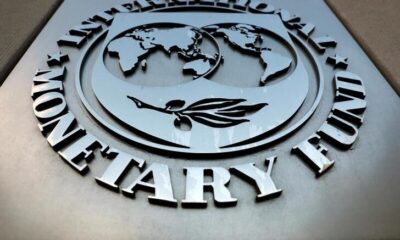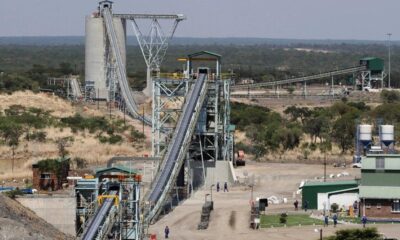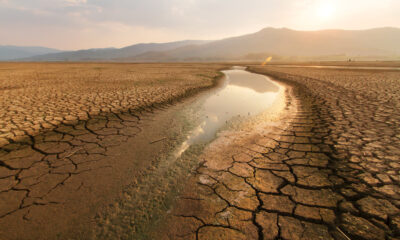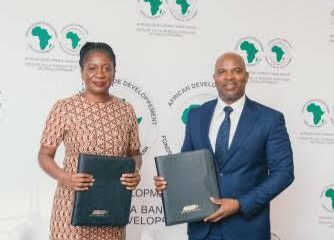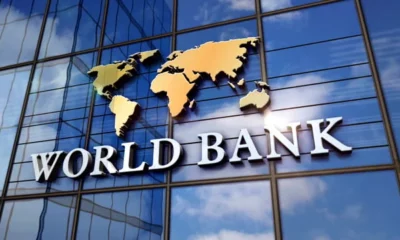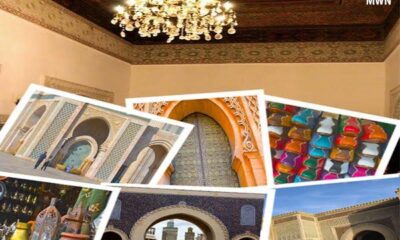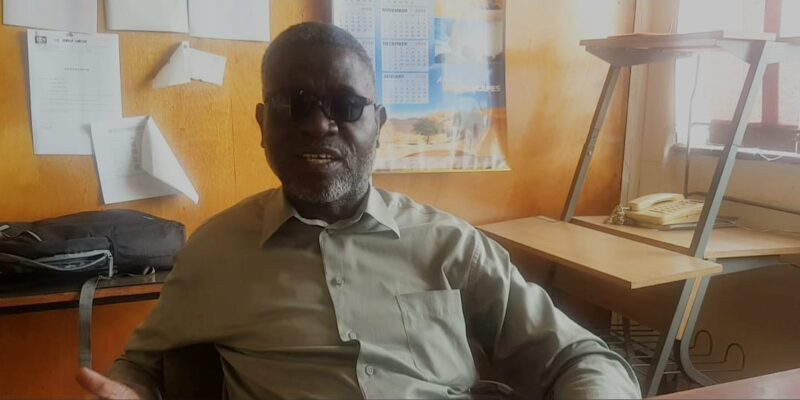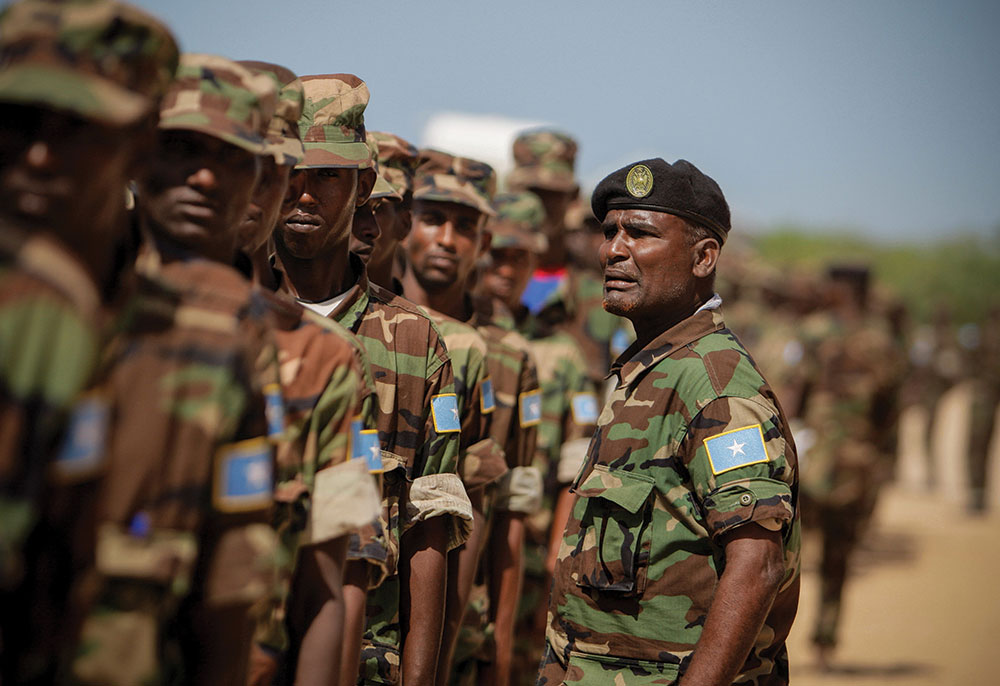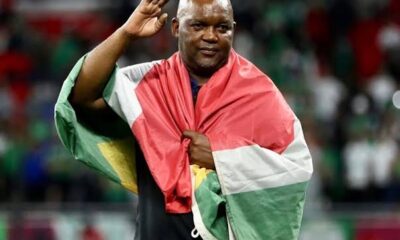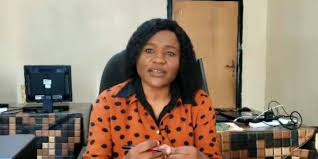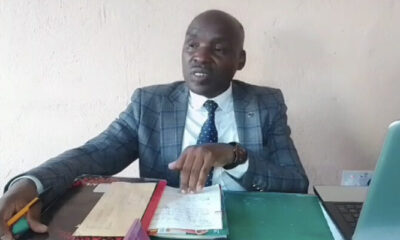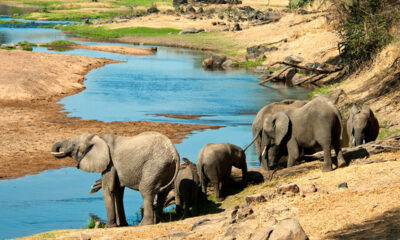Zimbabwe remains on a knife edge on Thursday morning after post-election violence which saw at least three people dead, scores injured and police invoking the Public Order Security Act.
The act, which forbids public gatherings, was enforced after clashes broke out in Harare between soldiers and civilians who had been protesting the ruling Zanu-PF’s majority win in parliament.
Live ammunition was used to disperse the crowds, leading to pandemonium in the capital.
Army patrols continued into the night on the streets of Harare.
Wednesday’s violence, which also saw the destruction of property and bloodshed, has been blamed on supporters of opposition leader Nelson Chamisa.
This is because on Tuesday, one of the MDC Alliance leaders, Tendai Biti, declared at a press conference that Chamisa had won the election, prompting celebrations outside the party’s headquarters.
But things took a different turn on Wednesday when the country’s electoral commission announced that Zanu-PF had in fact secured a two-thirds majority in Parliament.
The news did not go down well with opposition supporters who asserted that results were rigged in favour of the ruling party.
There was violent confrontation between them and the army.
The confrontation quickly escalated and soldiers carrying rifles could be seen assaulting civilians.
President Emmerson Mnangagwa addressed the nation last night, blaming the violence on Chamisa.
Police say they are viewing video footage to determine who incited the violence.
POLICE DEFEND ARMY DEPLOYMENT
Zimbabwean police have defended their decision to call for army back up to deal with Wednesday’s violence in Harare, saying they did not have enough officers.
The US Embassy in Harare has urged the military to exercise restraint while diffusing tensions, saying it is deeply concerned about how it dealt with civilians.
The police’s Charity Charamba says the police chief requested the backup.
“It’s not a secret that our police officers are currently deployed throughout the entire country and the level of lawlessness in Harare has actually led to this decision.”
But it’s been argued that this decision led to the chaos and the subsequent deaths of at least three people.
Meanwhile, while the opposition MDC Alliance says it is not taking responsibility for the violence while in his address to the nation on Wednesday night, President Emmerson Mnangangwa called on political parties to accept that in any electoral process there are winners and losers.
Blood could be seen on the streets of Zimbabwe after police used live ammunition on civilians and protesters who accused the electoral commission of rigging results. Members of the media have also been assaulted and some had their equipment broken.
A man, who was bleeding from the mouth after being hit, said: “I was beaten by the soldiers, okay. I was hit during the demonstration.”
Protesters here have called for intervention from Southern African Development Community and the African Union, calling this a war between citizens and the Zanu-PF led government.
BRUTAL FORCE
Gunfire crackled in the streets while troops, backed by armoured vehicles and a military helicopter and some with their faces masked, cleared the streets.
One person was shot dead near a bus rank, witnesses at the scene told a Reuters photographer.
The deployment of soldiers and their beating of unarmed protesters is a setback to Mnangagwa’s efforts to shed Zimbabwe’s pariah status after decades of repression under Robert Mugabe, who was ousted in a coup in November.
Read Also: Mugabe won’t vote for the party he helped form. Why it may not count
Even before the violence, European Union observers questioned the conduct of the presidential and parliamentary poll, the first since Mugabe’s forced resignation after nearly 40 years in charge of the Southern African nation.
Justice Minister Ziyambi Ziyambi said the army had been called in to ensure “peace and tranquility”, although the legal basis for the move looks dubious, especially so soon after the military’s unconstitutional move against 94-year-old Mugabe.
Without the stamp of approval of the international community, Zimbabwe’s next leader will struggle to unlock the billions of dollars of international donor finance needed to get the shattered economy back on its feet.
The EU observers expressed concern about delays in releasing the results of the presidential contest, a two-horse race between Chamisa and Mnangagwa, head of the ruling Zanu-PF party.
As gunfire echoed through downtown Harare, Mnangagwa called for calm and urge patience while results were collated.
Many protesters accused the army of unprovoked brutality.
“We had no weapons. Why are the army here beating us? shooting us? This is not an election it is a disgrace on our country,” one young man, Colbert Mugwenhi, said.
A Reuters witness saw soldiers with sticks beat two people and counted at least five trucks full of soldiers.
“We are tired of them stealing our votes. This time we will not allow it, we will fight,” said one protester who wore a red MDC beret in central Harare.
“ONE-SIDED”
The electoral commission had said it would start announcing results for the presidential race from 10.30 GMT but that was then pushed back at least 24 hours.
With three seats yet to be declared in the parliamentary contest, Zanu-PF had 144 seats compared to 61 for the MDC, meaning the ruling party achieved the two-thirds majority that permits it to change the constitution at will.
Chamisa said the early release of the parliamentary results was a deliberate ploy to prepare Zimbabweans for a victory by Mnangagwa, a former national security chief nicknamed ‘The Crocodile’ and commonly referred to by the initials ED.
“The strategy is meant to prepare Zimbabwe mentally to accept fake presidential results. We’ve more votes than ED. We won the popular vote (and) will defend it,” Chamisa said on Twitter.
Before the violence, EU Chief Observer Elmar Brok said he did not yet know if the shortcomings would have a material effect on the outcome of the vote, but criticised the electoral commission for being at times “one-sided”.
The EU’s assessment is critical in determining whether Zimbabwe can repair its image and attract the foreign investors needed for an economic revival.
The EU did not understand why the release of the presidential result was taking so long, Brok said.
“The longer it lasts that the results of the presidential election is not known, the more lack of credibility it provides,” he said.
Zimbabwe was once one of Africa’s most promising economies but became descended into corruption, mismanagement and diplomatic isolation in the latter stages of Mugabe’s administration.
Its population of 13 million is struggling amid shortages of foreign currency, unemployment above 80% and lack of foreign investment.
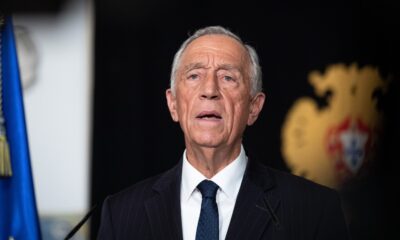
 Musings From Abroad2 days ago
Musings From Abroad2 days ago
 Tech1 day ago
Tech1 day ago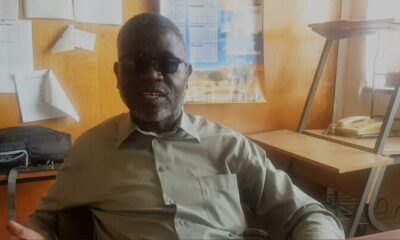
 Politics2 days ago
Politics2 days ago
 Culture1 day ago
Culture1 day ago

